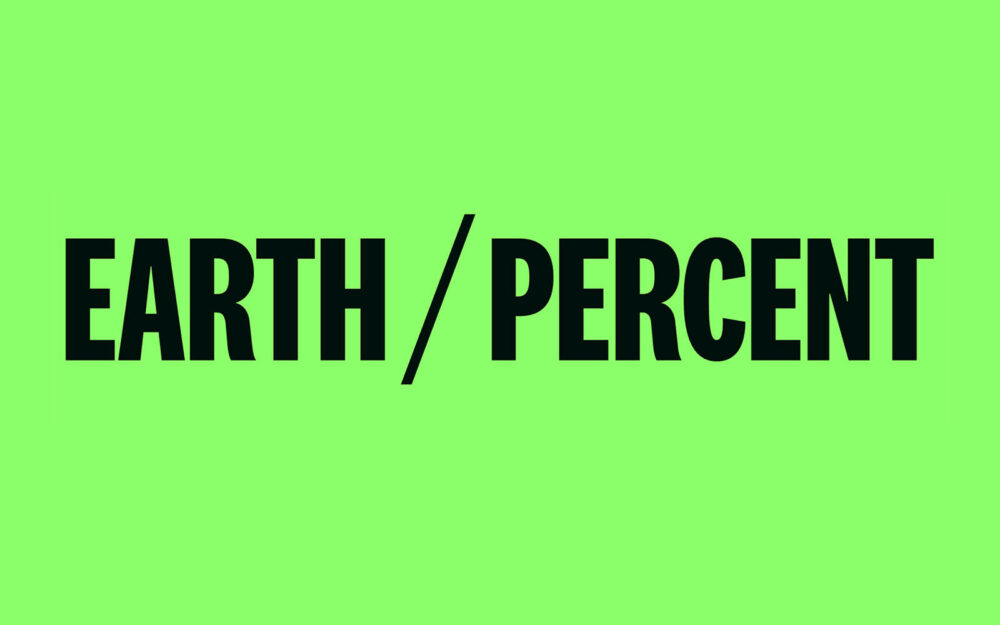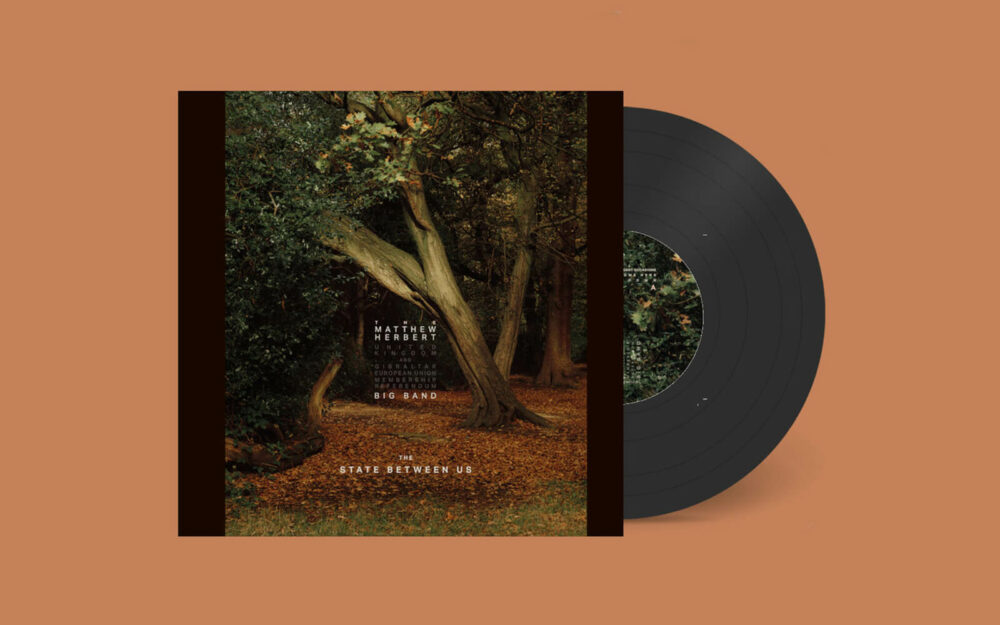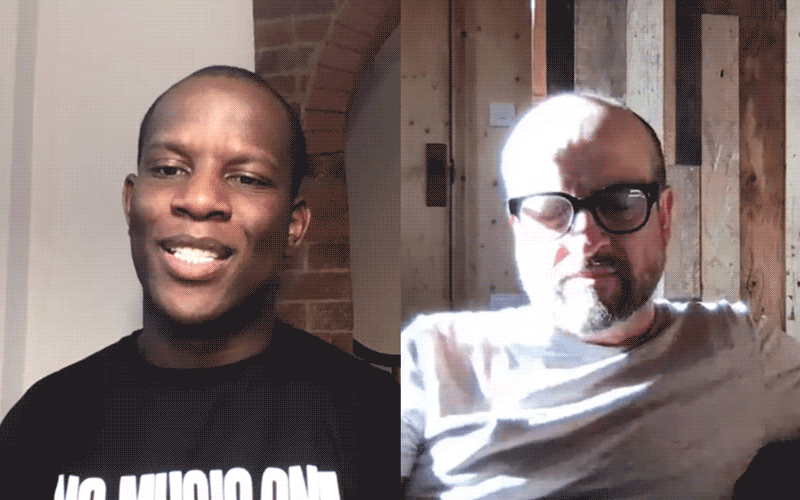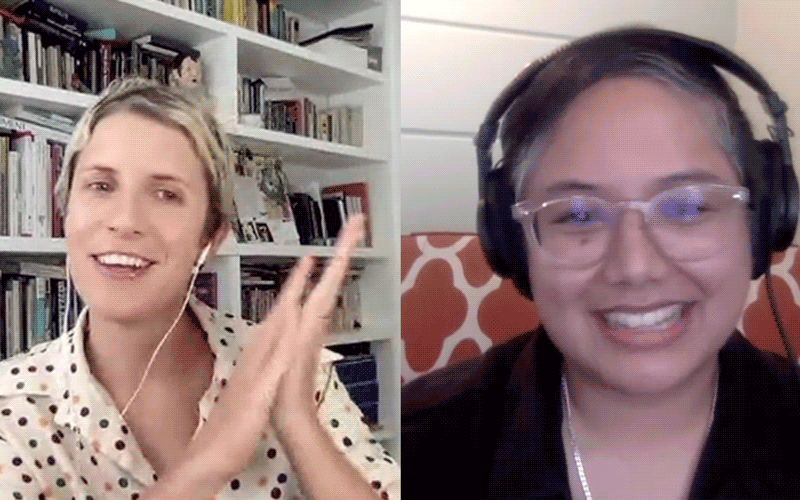MUTEK Recorder: Greening the Music Industry
Conversation
A Greener Restart to the Music Industry
Speakers:
Matthew Herbert
Love Ssega
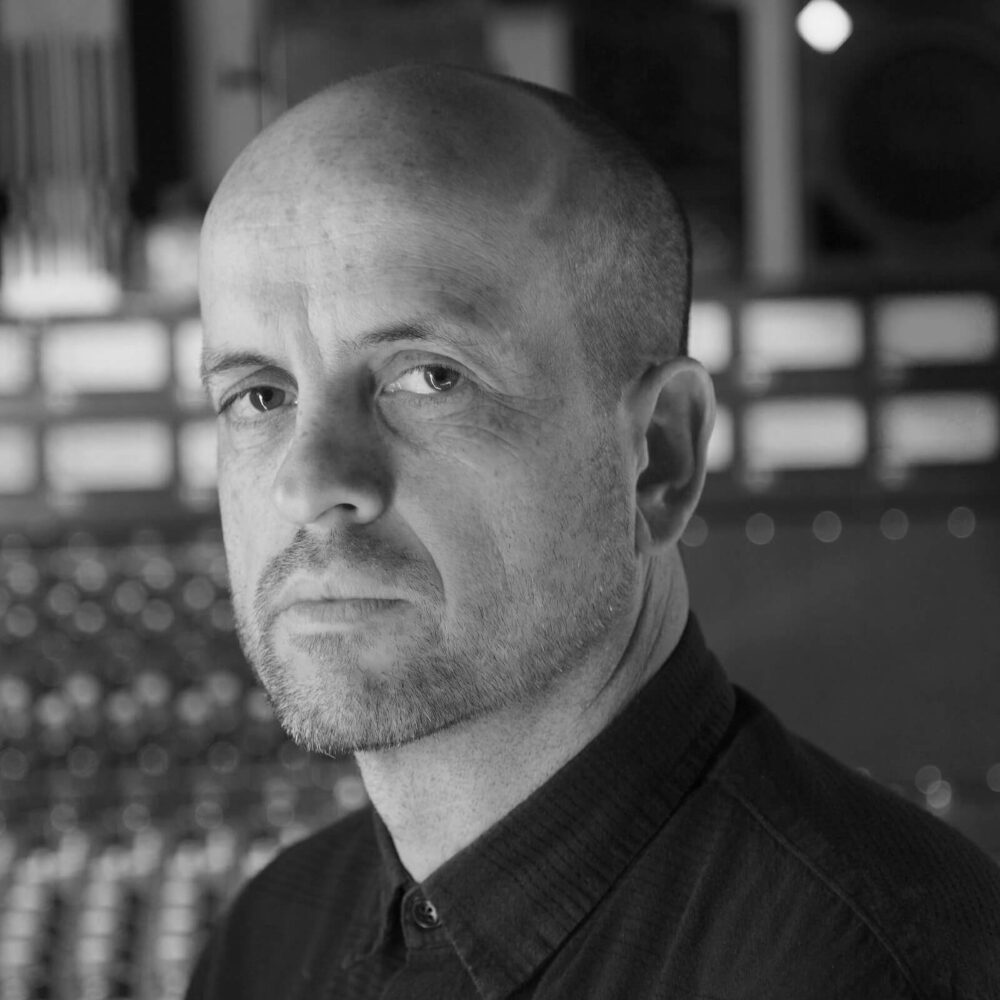
Profile:
Matthew Herbert
Matthew Herbert is a composer, producer, and writer who has recorded more than 30 albums. These include the much-celebrated Bodily Functions, a score for the Oscar-winning film A Fantastic Woman, and music for the National Theatre. Herbert has performed solo, as a DJ, and with various musicians including his own 21-piece big band and 100-piece choir—from the Sydney Opera House to the Hollywood Bowl—and created installations, plays, and operas.
Soundbite:
“The biggest problem for me is that the music industry is still dominated by white men, about my age probably. If you’re the middle class white man of a major or publishing company, everything is fine and it’s working for you—there’s no need to change.”
Matthew Herbert, on how a few men are too comfortable, to the detriment of everyone else
Takeaway:
The music industry is having a real stocktaking about its environmental impact at the moment. While physical media is passé, the streaming economy is hardly immaterial—Spotify ranks alongside YouTube in its emissions. Musicians that choose to minimize their impact on the environment have difficult decisions to make. While the prospect of economic sacrifice is daunting, it can be received positively: as an opportunity to rethink how musicians release, distribute, and perform.
Takeaway:
We need more punk! Many genres ripple with subversive energy, music—as a force—has histories and tactics it can draw on to make noise that is loud enough to capture the public’s imagination.
Takeaway:
It’s naive to put cultural production outside capitalism, and if musicians are scoring the soundtrack of advertisements promoting wasteful products and services, they are part of the problem not part of the solution.
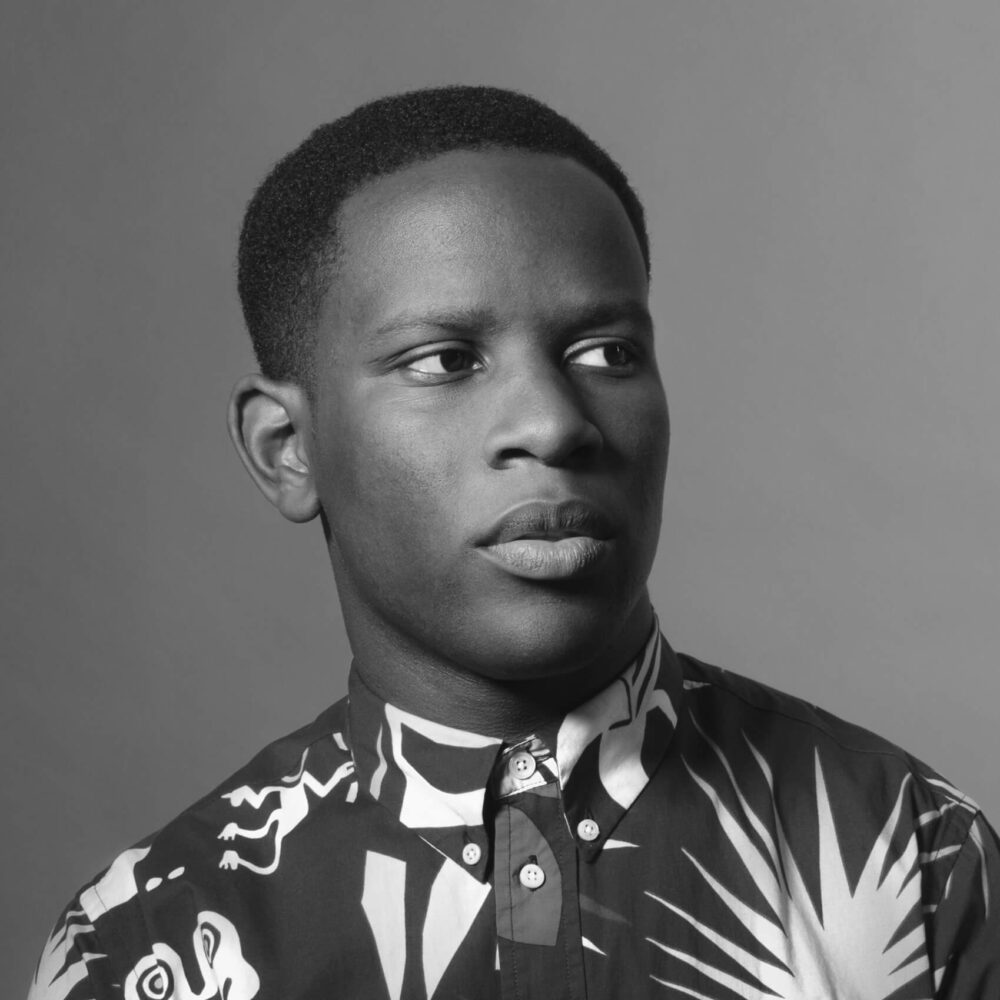
Profile:
Love Ssega
Love Ssega is a British-Ugandan artist and producer from London, UK. He was a founder member of Grammy Award-winning band Clean Bandit and has a PhD in Laser Spectroscopy from Cambridge University. As a solo artist he has toured globally and been the Musician in Residence of China for the British Council and PRS Foundation. He was also recently commissioned for a national year-long artistic response to the climate action, celebrating underrepresented voices.
Soundbite:
“The transition towards streaming recorded music from internet-connected devices has resulted in significantly higher carbon emissions than at any other point in the history of music.”
Love Ssega, quoting University of Oslo researcher Kyle Devine
Soundbite:
“The systems we operate within, they are designed to do things the worst way possible. It’s way more expensive to travel via train, there’s no tax on aircraft fuel—the wrong things are being subsidized.”
Matthew Herbert, on how environmental ethics are expensive for consumers
Reference:
Founded by Brian Eno and launched earlier this year, Earth Percent is a charity dedicated to interface between the music industry and the climate justice movement. The charity is encouraging artists to rethink their practices and providing a way for music ventures to redirect a portion of their revenue to organizations that are making a difference in the battle against climate change.
Soundbite:
“I won’t fault an up-and-coming young musician who gets the opportunity to go do a headlining gig at a festival in Portugal and takes easyJet.”
Matthew Herbert, on how it’s important to make space for newer artists to establish themselves
Soundbite:
“It’s really frustrating having been thirteen in 1985—I was writing letters trying to get disposable plastic banned. And if you think about now, the billions and billions of tonnes, the emissions really shot up in the 1990s with the rise of neoliberal globalization. I have to face that that is when I started travelling—I’m part of the problem.”
Matthew Herbert, reconciling his gigging with its impact on the environment
Project:
A “contemplation of what it means to be British in 2018,” the cheekily titled The State Between Us brought together 1,000 musicians as the Matthew Herbert Big Band. A sixteen track album signifying a trek across the country, with a stopover in English Channel and solemn acknowledgment of the Grenfell Tower Fire, Herbert promoted unity and inclusivity in response to Brexit-fueled xenophobia. Pitchfork’s Jazz Monroe noted the record’s “grand vision could easily live on as a post-colonial, anti-nationalist allegory.”
Number:
20–60 Million Tonnes
Greenhouse gas emissions generated per year by the music industry (including streaming, venues, touring, and merch and physical media production)
Fave:
“Who are we waiting for? Another Ghandi? Is that who it will take to stop us from shopping and travelling ourselves to death?”
Matthew Herbert, urging action
Soundbite:
“It needs to be feminist, it’s needs to be anticapitalist, and antiracist, and it needs to be environmentally sound.”
Matthew Herbert, on the governance we need (and that that he hopes Generation Z will usher in)
Soundbite:
“Look at the Dakota pipeline in America, and resistance to pipelines in Canada as well. The voices, ideas, and tactics are all there—in Indigenous resistance.”
Love Ssega, on the road-tested environmental activism playbook that is right in front of us
Soundbite:
“This is an incredible opportunity, it’s a great gift for a thoughtful and introspective government to absolutely restructure society in a positive direction. Restructure our work-life balance and our relationship with travel. Unfortunately we have a terrible government in the UK, and there are many more horrible ones around the world.”
Matthew Herbert, on what might be a truly squandered opportunity with pandemic economic bailouts awarded to the fossil fuel industry over the last 18 months
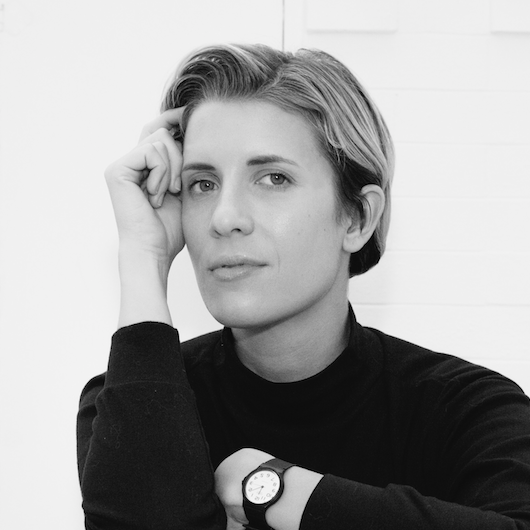
Commentary:
It strikes me that the conversation about sustainability and music reached a kind of critical mass earlier this year, in tandem with what Sarah Friend yesterday referred to as the “JPEG summer” of NFT hype. During that initial upwelling of interest in crypto-art, audiences, collectors, and critics alike were actively measuring the carbon footprint of individual artworks using calculators like CryptoArt.wtf—a tool that was eventually retired after it was being used to harass and abuse artists in this space. A consequence of those heated conversations, however, was a larger reckoning about the carbon footprint of so many other things artists take for granted as being part of the the cost of doing business: touring worldwide in gas-guzzling airplanes, buses, and cars, the detrimental ecological effects of printing and shipping merchandise, and what it takes to have every song in the world available for streaming on a moments’ notice. Ultimately it seems there is no 100% environmentally sustainable way to build an economically sustainable career.
MUTEK Recorder
MUTEK RecorderExplore more of "MUTEK Recorder:"
→ HOLO.mg/stream/
→ HOLO.mg/mutek-recorder/
Alexander Scholz
Alex is a Berlin-based writer, artistic director, and cultural worker. As the founder and creative director of HOLO, he helps produce and disseminate knowledge on disciplinary interstices, artistic research, and cultural transformations in the digital age. Over the years, he curated exhibitions, conferences, and educational programmes for organizations and festivals including A.C.C. (KR), Mapping (CH), MUTEK (CA), and NODE Forum for Digital Arts (DE).
Claire L. Evans
Claire L. Evans is a Los Angeles-based writer and musician exploring ecology, technology, and culture. She is the author of Broad Band: The Untold Story of the Women Who Made the Internet (2018) and the singer of the Grammy-nominated pop group YACHT. A prolific essayist, her writing has recently appeared in outlets including GROW, MIT Technology Review, and The Verge.
Greg J. Smith
A writer and cultural worker based in Hamilton, Canada, Greg is an editor for HOLO and his writing has appeared in publications including Creative Applications Network, Musicworks, and Back Office. He is also a PhD candidate within the Department of Communication Studies and Multimedia at McMaster University, where he is researching the emergence of the programmable drum machine in the early 1980s.
